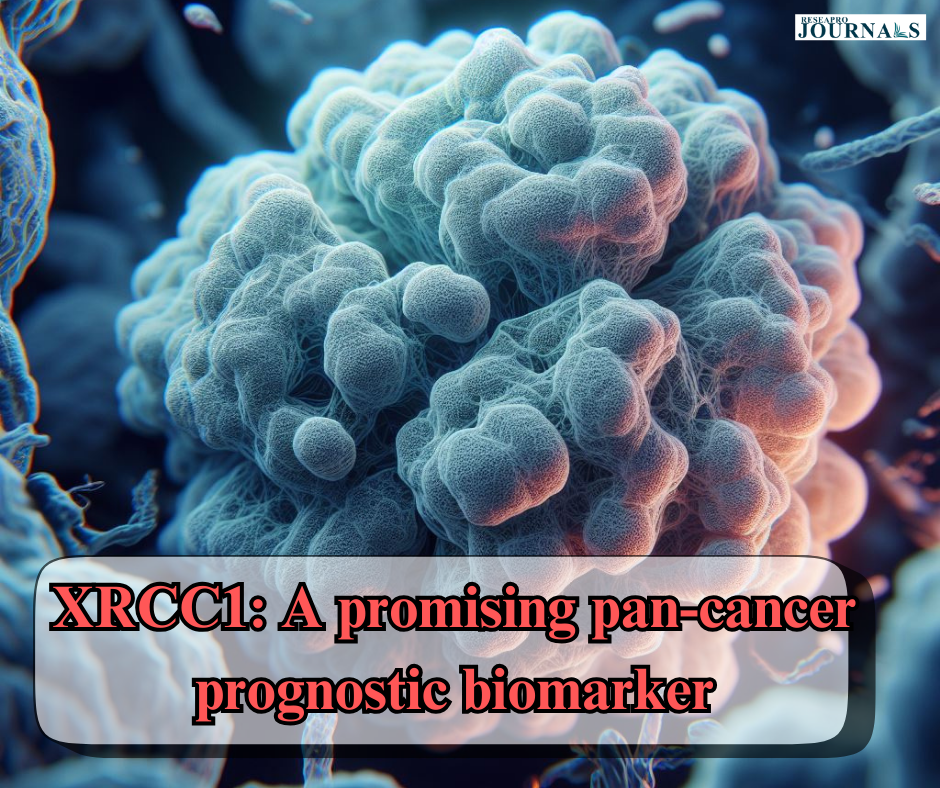
Recent research suggests that XRCC1, a protein involved in DNA repair processes, holds promise as a prognostic and immunological biomarker across various types of cancer. Understanding its potential significance could greatly enhance cancer diagnosis and treatment strategies.

Body:
Studies have revealed that XRCC1 expression levels correlate with cancer prognosis, indicating its potential as a prognostic biomarker. High XRCC1 expression has been associated with poor outcomes in certain cancers, while lower levels suggest better prognosis. Additionally, XRCC1’s involvement in DNA repair mechanisms implicates its role in cancer progression and treatment response. Furthermore, emerging evidence suggests that XRCC1 may also influence the tumor microenvironment and immune response, making it a candidate for immunological biomarker research in cancer.
Conclusion:
XRCC1 emerges as a multifaceted biomarker with implications for cancer prognosis and immunological responses. Further exploration of its role in various cancer types could lead to improved prognostic assessments and targeted treatment approaches. Harnessing XRCC1’s potential as a pan-cancer biomarker holds promise for advancing cancer care and patient outcomes.
